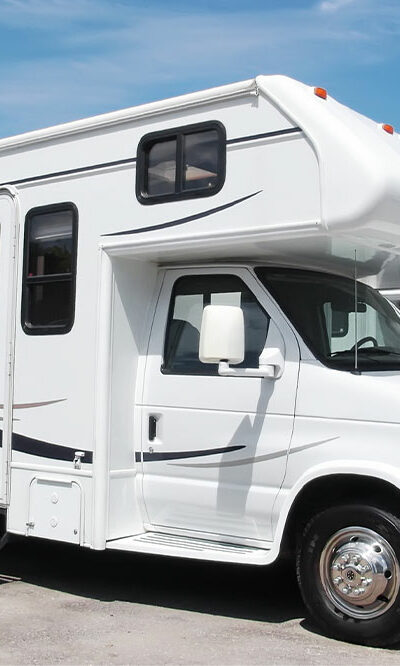
9 Important Things to Check When Buying an RV
More than 9 million people in the country own a recreational vehicle or an RV. The RV industry impacts approximately $140 million of the country’s economy. Millions in the country are looking into buying an RV, with the number expected to grow steadily over the years. But, as with any other vehicle, multiple factors need to be considered when buying an RV. Finances, the vehicle’s condition, model, and capacity are just a few of those factors. Flat or blown-up tires Don’t overlook the tires. Start with checking that the tires aren’t too old. Prefer new tires with the RV as much as possible. And don’t be fooled by how old or new the tires look. Go a step ahead and cross-check the age of the tires instead of just assuming they are new based on their appearance. It is important to note that a blow-up in an RV can be even more tragic than a car. Experts suggest changing RV tires every 5 years to be safe from catastrophes. The DOT label present on the sidewall will give you the information you need about the tire’s age. The four-digit code on the label indicates the week and year the tire was manufactured. Slide out Everyone loves the space and convenience a slide-out provides. However, this also means the equipment is more vulnerable to rusting, corroding, and wearing out. If the RV has been constantly treated with timely checks and maintenance work, of course, you won’t be able to find any issues with the slide-out. However, if you experience obstruction, a screeching noise, or other similar indications, know that a deeper look is necessary. Timely lubrication of the side arms helps extend the life span of the equipment. And if all of this has been skipped, it can result in more breakage, malfunctioning, and a range of other trouble.










